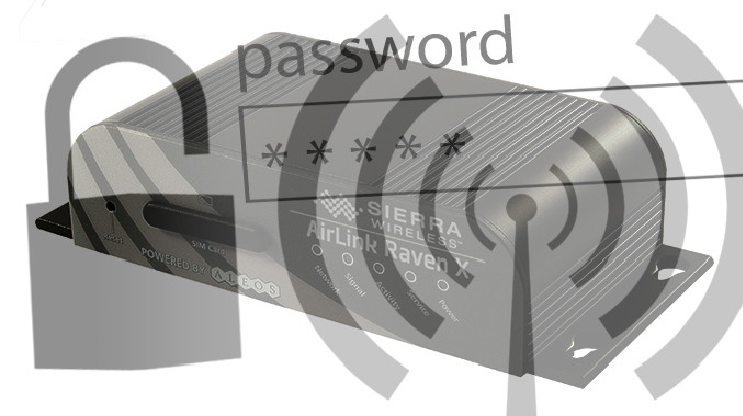Recently security experts discovered two critical vulnerabilities in the Drupal CMS (CVE-2018-7600 and CVE-2018-7602), and cybercriminals promptly attempted to exploit them in the wild.
The hackers started using the exploits for the above vulnerabilities to compromise drupal installs, mostly cryptocurrency mining.
It has been estimated that potentially over one million Drupal websites are vulnerable to cyber attacks exploiting the two flaws if the security patches are not installed.
A week after the release of the security update for the CVE-2018-7600 flaw, a proof-of-concept (PoC) exploit was publicly disclosed.
The experts at security firm Check Point along with Drupal experts at Dofinity analyzed the CMS to analyzed the Drupalgeddon2 vulnerability and published a technical report on the flaw.
After the publication of the report. the expert Vitalii Rudnykh shared a working Proof-Of-Concept for Drupalgeddon2 on GitHub for “educational or information purposes.”
Immediately after the disclosure of the PoC, security experts started observing bad actors attempting to exploit the flaw to install crypto miners and backdoors.
Now, a growing number of malware campaigns is targeting Drupal installs, one of them was recently discovered by the security researcher Troy Mursch.
https://securityaffairs.co/wordpress/72234/hacking/drupal-cryptocurrency-malware.html
